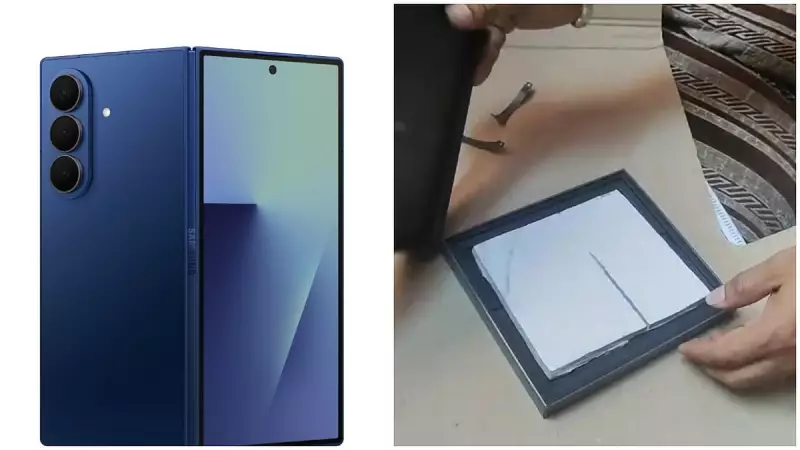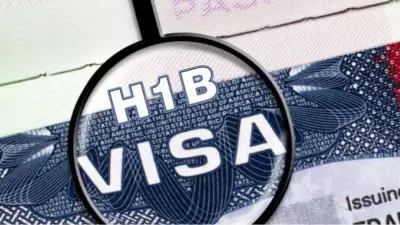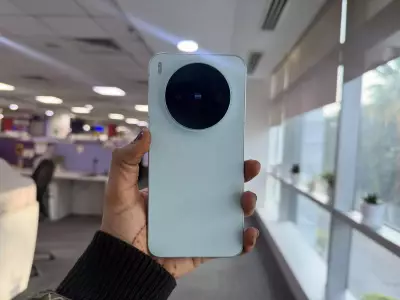
In a shocking incident that exposes glaring gaps in e-commerce delivery verification, a Bengaluru software engineer's excitement over purchasing a brand new iPhone turned into a nightmare when he discovered a piece of ceramic tile inside the delivery box instead of the premium smartphone he paid ₹1.86 lakh for.
The Costly Disappointment
Mohammed Sadeeq, a 28-year-old software professional working in Bengaluru, had saved up to purchase the latest iPhone model through what he believed was a legitimate online transaction. After transferring ₹1,86,000 from his bank account, he eagerly awaited his premium device's delivery.
"When the delivery executive handed me the sealed box, everything appeared normal from the outside," Sadeeq recounted. "The packaging looked authentic, and there were no visible signs of tampering."
The Moment of Truth
The reality struck only when Sadeeq opened the box in the presence of the delivery agent. Instead of the sleek, expensive iPhone he expected, his hands pulled out an ordinary piece of ceramic tile weighing approximately 200 grams.
"I was completely stunned. For a moment, I thought it must be some kind of mistake or prank," the engineer stated. "But when the reality sank in, I realized I had been cheated of nearly two lakh rupees."
Immediate Action Taken
Sadeeq immediately alerted the delivery executive and refused to accept the package. He documented the entire incident with photographs and videos as evidence. The delivery agent reportedly acknowledged the discrepancy and noted it in his records.
The frustrated consumer then filed an official complaint with both the e-commerce platform and local authorities, demanding a thorough investigation into how such a substitution could occur in a supposedly secure delivery chain.
Broader Implications for Online Shopping
This incident raises serious questions about the security protocols in e-commerce deliveries, especially for high-value items. Several concerning aspects emerge:
- How did a piece of tile pass through multiple checkpoints without detection?
- What vulnerabilities exist in the packaging and verification processes?
- Are consumers adequately protected against such sophisticated fraud?
Consumer rights advocates emphasize that such incidents undermine trust in digital commerce and highlight the need for stronger verification mechanisms, particularly for expensive electronics.
Protection Measures for Consumers
Experts recommend that consumers take specific precautions when ordering high-value items online:
- Always record an unboxing video when receiving expensive products
- Verify the package weight and dimensions match expectations
- Inspect packaging for any signs of tampering before acceptance
- Make payments through secure channels that offer buyer protection
- Report discrepancies immediately while the delivery executive is present
The Bengaluru police have registered a case and are investigating whether this was an isolated incident or part of a larger fraud network targeting high-value online purchases.





